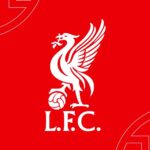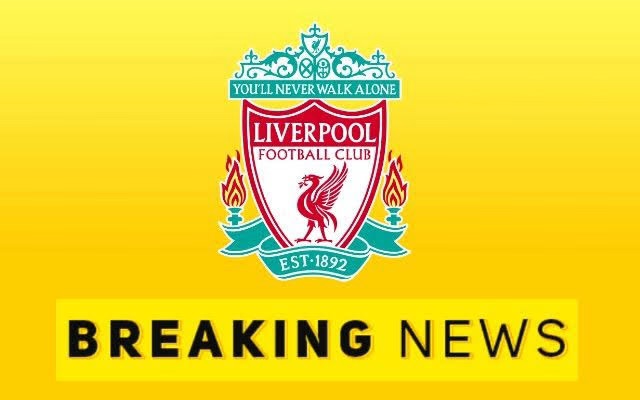In a revealing interview with Radio Times, Errol Musk, father of the world-renowned entrepreneur and innovator Elon Musk, was asked a direct and provocative question: would Elon want to buy the football club? When pressed for a straightforward “yes or no” answer, Errol didn’t hesitate to confirm that his son would indeed be interested. “He would like to, yes, obviously,” Errol said confidently. Then, with a hint of humor and shared enthusiasm, he added, “Anybody would want to—so would I.”
This seemingly simple exchange opens up a fascinating window into the intersection of sport, business, and celebrity culture. Football clubs, particularly those with rich histories and global followings, have increasingly become coveted assets for billionaires and high-profile figures seeking to expand their influence and brand beyond traditional industries. For someone like Elon Musk—whose ventures have revolutionized electric cars with Tesla, space exploration with SpaceX, and communications with ventures like Starlink and social media acquisitions—the prospect of owning a football club offers an entirely new avenue for impact.
Errol’s response also underscores the universal appeal and prestige attached to owning a major sports team. It’s not just about business for many; it’s about passion, legacy, and a tangible connection to communities and fans around the world. Football clubs carry emotional weight and cultural significance that transcend mere investments. For Elon, whose ventures have always combined visionary technology with bold, headline-grabbing moves, stepping into the football world could be a natural next chapter—merging sport, entertainment, and global media attention.
While no official negotiations or plans have been disclosed, Errol’s candid remarks have inevitably sparked speculation and excitement among fans and analysts alike. The idea of Elon Musk, a figure known for pushing boundaries and redefining industries, entering the football arena could transform not only the club in question but also the wider sports business landscape. It invites questions about innovation in sports management, marketing, and fan engagement that someone like Musk might pioneer.
In sum, Errol Musk’s off-the-cuff confirmation is more than just a casual statement—it’s a tantalizing hint at potential developments that could reshape the future of football club ownership. Whether this remains a dream or becomes reality, it has already captured imaginations and fueled conversations worldwide.





